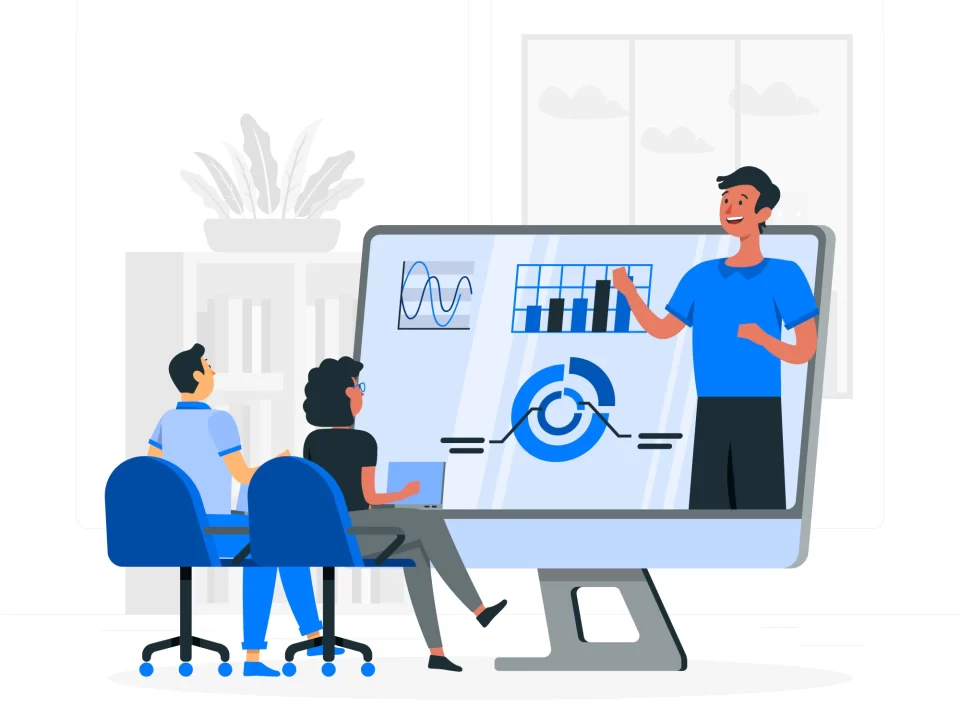The Impact of Positive Psychology on Ongoing Employee Growth
November 22, 2023Demystifying SCORM: A Comprehensive Guide to eLearning Standards
December 15, 2023
Strategies to Transform Underperformance into Success
In every workplace, there are moments when teams face challenges, and employees may find themselves underperforming. This is quite common in many organizations.
However, rather than viewing underperformance as a barrier, smart leaders can see it as an opportunity for transformation. By implementing effective strategies, leaders can empower their teams to turn underperformance into success. Let's explore key strategies to achieve this transformation.
Recognizing Underperforming Employees
Recognizing Underperforming Employees: Identifying underperforming employees is the first step toward improvement. Leaders should regularly assess individual and team productivity to identify the areas that need attention. Usage of appropriate KPIs (Key Performance Indicators) can help in objective assessment of the performance. Nowadays AI content analysis tools also can provide valuable insights into performance trends and patterns.
Leadership Skills and Emotional Intelligence
It is very important that leaders possess strong leadership skills and emotional intelligence. Such leadership skills involve setting clear expectations, providing constructive feedback, and fostering a positive work environment. With right emotional intelligence, leaders can understand and manage their own emotions while empathizing with the feelings of others, creating a conducive atmosphere for growth.
Performance Improvement Plan (PIP)
A Performance Improvement Plan (PIP) is a structured approach to address underperformance. Employees who underperform even after repeated attempts to improve their performance can be put into this program. A PIP outlines specific goals, expectations, and a timeline for improvement. Regular check-ins provide opportunities for open communication and feedback, fostering a collaborative environment for growth.
Conflict Management
Conflict has become a part of our life. Addressing conflicts within the team is crucial for optimal performance. Leaders must develop strong conflict management skills to resolve disputes effectively. Encouraging open dialogue and providing mediation when necessary helps to build a harmonious work environment. Failing to resolve the conflict at the right time, may lead to disastrous situation which might impact the overall company performance.
AI Content Analysis for Data-Driven Insights
Using the right data helps in making objective decisions. Leveraging AI content analysis tools can provide leaders with data-driven insights into employee performance. These tools analyze communication patterns, project contributions, and collaboration dynamics, offering valuable information to inform decision-making and improvement strategies.
Employee Empowerment
While positive psychology is powerful, creating an appropriate balance is also equally important. L&D should include positive psychology while addressing skill gaps and areas for improvement. This seasoned approach ensures a development program that nurtures strengths and weaknesses.
Building High-Performing Teams
Having a right mental health is very important to anyone in his/her life. Employee well-being is integral to team success. Prioritizing mental health involves promoting work-life balance, offering mental health resources, and creating a supportive environment. Healthy and motivated employees are more likely to perform at their best.
Prioritizing Mental Health
Having a right mental health is very important to anyone in his/her life. Employee well-being is integral to team success. Prioritizing mental health involves promoting work-life balance, offering mental health resources, and creating a supportive environment. Healthy and motivated employees are more likely to perform at their best.
In conclusion, transforming underperformance into success requires a multifaceted approach. Effective leadership, emotional intelligence, data-driven insights, and a focus on employee empowerment collectively contribute to building high-performing teams. By implementing these strategies, leaders can not only address underperformance but also create a thriving workplace that fosters continuous improvement and success.
Checkout K-nest LMS for Employee Training.






